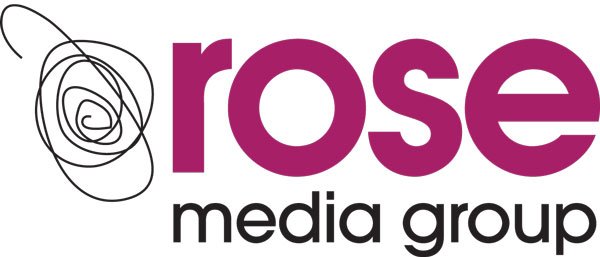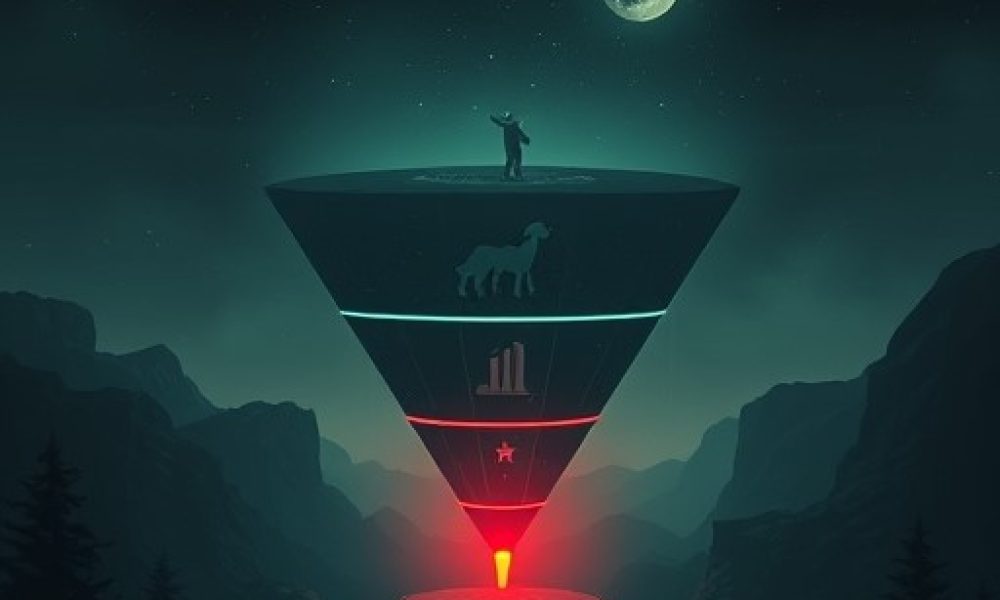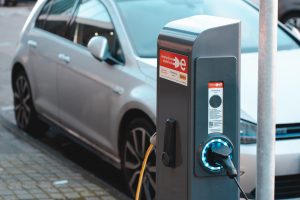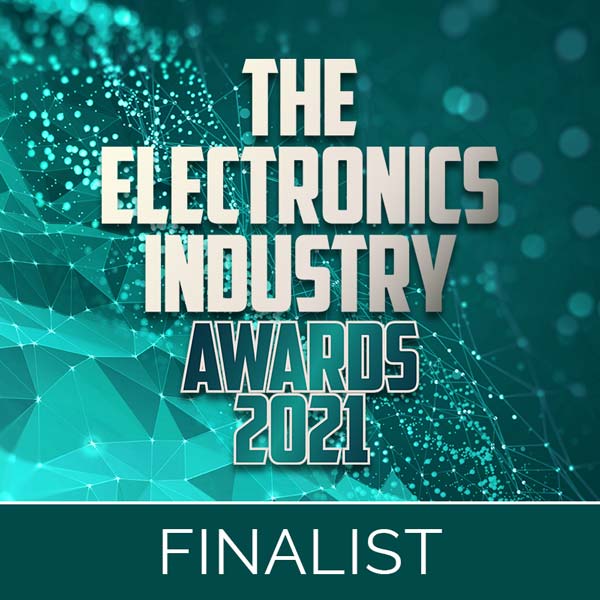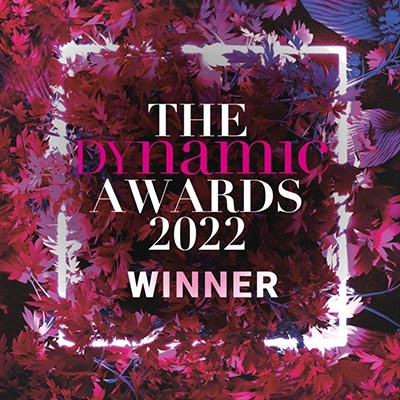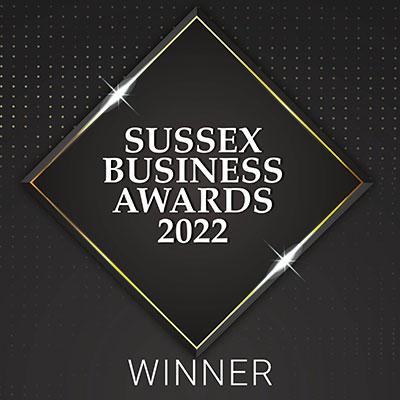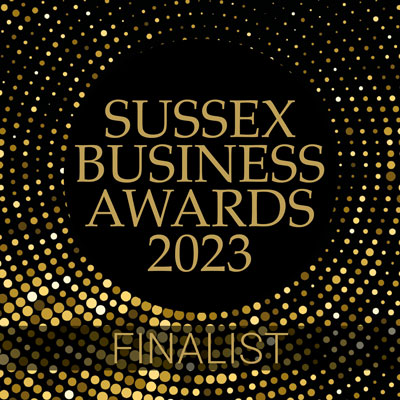The marketing funnel is a model that illustrates the customer journey from initial awareness of a brand to the final purchase and beyond. This concept helps marketers visualise and strategise each stage of a buyer’s decision-making process, enabling them to tailor messages, content and tactics that lead customers down the path from prospect to buyer and, hopefully, to repeat buyer. The funnel is often broken down into several stages, typically starting with awareness, followed by interest, consideration, intent, evaluation, purchase and sometimes post-purchase or loyalty.
- Awareness: This is the top of the funnel, where potential customers first become aware of a brand or product. Marketing at this stage aims to capture attention and build brand visibility. Tactics may include social media advertising, content marketing, search engine optimisation and paid ads. The goal here is to reach a broad audience and introduce the brand or product.
- Interest: Once aware of the brand, potential customers move into the interest stage. Here, they’re not ready to buy yet but are intrigued and looking to seek more information. Marketing efforts focus on engagement, education and relationship-building. Content like high quality blog posts, eBooks and webinars can be particularly effective, offering valuable information that helps the audience learn more and remain interested.
- Consideration: At this middle-of-the-funnel stage, potential customers begin to evaluate whether the product or service meets their needs. They may compare different brands, read reviews and look for specific information about features or benefits. Marketers often use personalised emails, case studies or targeted ads to address pain points and showcase solutions, aiming to position their product as the best option of them all.
- Intent and Evaluation: This is where customers actively consider purchasing. They may sign up for a demo, consult sales teams or even add items to their cart. Marketing at this stage aims to overcome any remaining barriers to purchase, often through discounts, testimonials or personalised offers.
- Purchase: At this stage, the prospect becomes a customer by making that all-important purchase. Marketers can optimise this phase by simplifying the buying process and offering additional incentives, like free shipping or special offers, to encourage immediate conversion.
- Post-Purchase and Loyalty: Beyond the sale, the funnel can include loyalty-building efforts to transform customers into repeat buyers and brand advocates. Post-purchase engagement, such as follow-up emails, loyalty programs and referral incentives, helps maintain the customer relationship, encouraging word-of-mouth promotion and increasing customer lifetime value.
Overall, the marketing funnel helps marketers visualise the path to conversion and build strategies that guide potential customers through each stage, from initial interest to lasting loyalty.
To find out more about this, and to garner a better understanding of how to make sure your business is doing all it can to succeed, why not get in touch with a UK B2B PR agency that has the experience and the know-how to point you in the right direction? To get things started, just email the Rose Media Group team at hello@rosemediagroup.co.uk or call 01444 241 341. We hope to hear from you soon.
